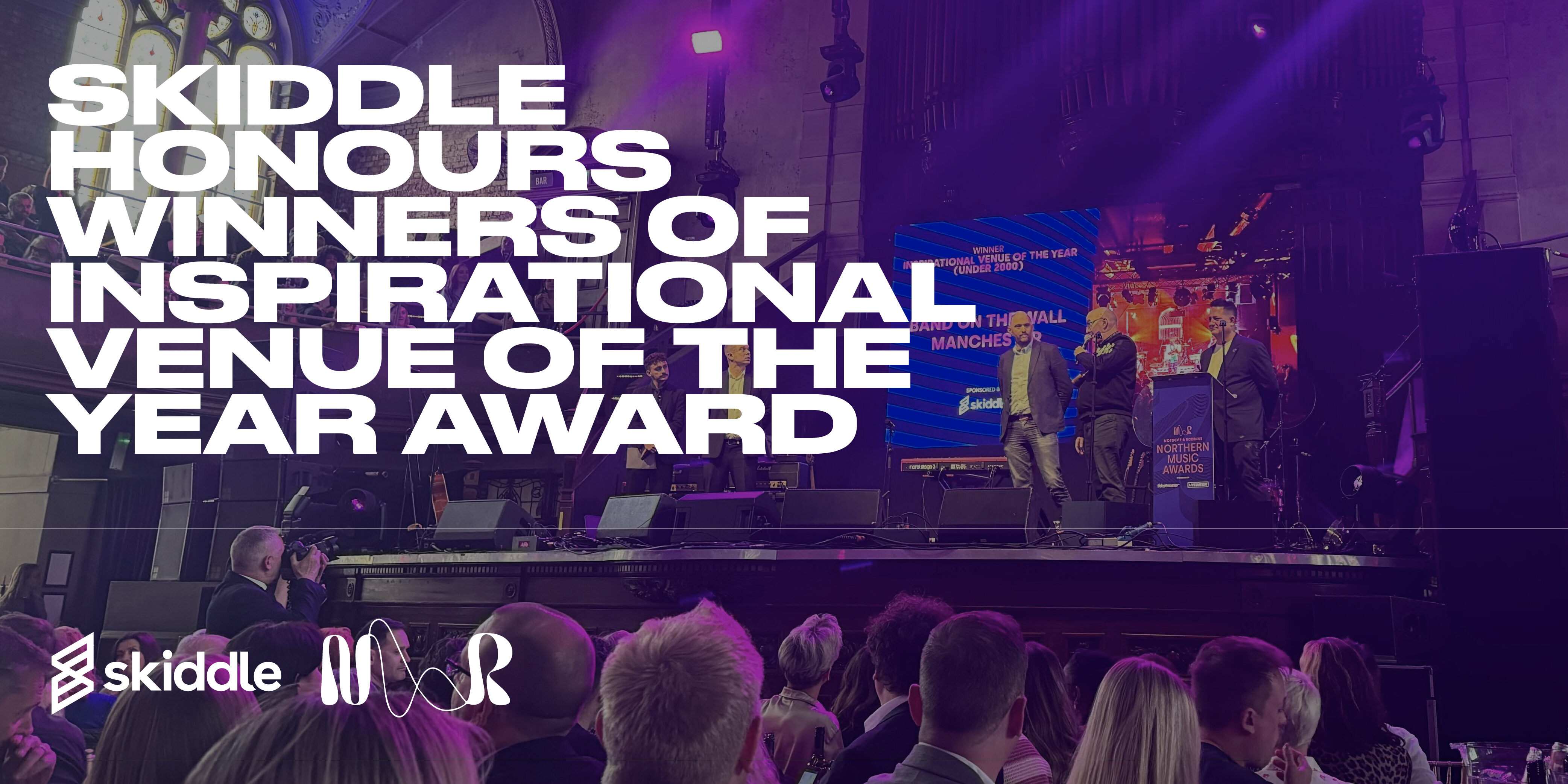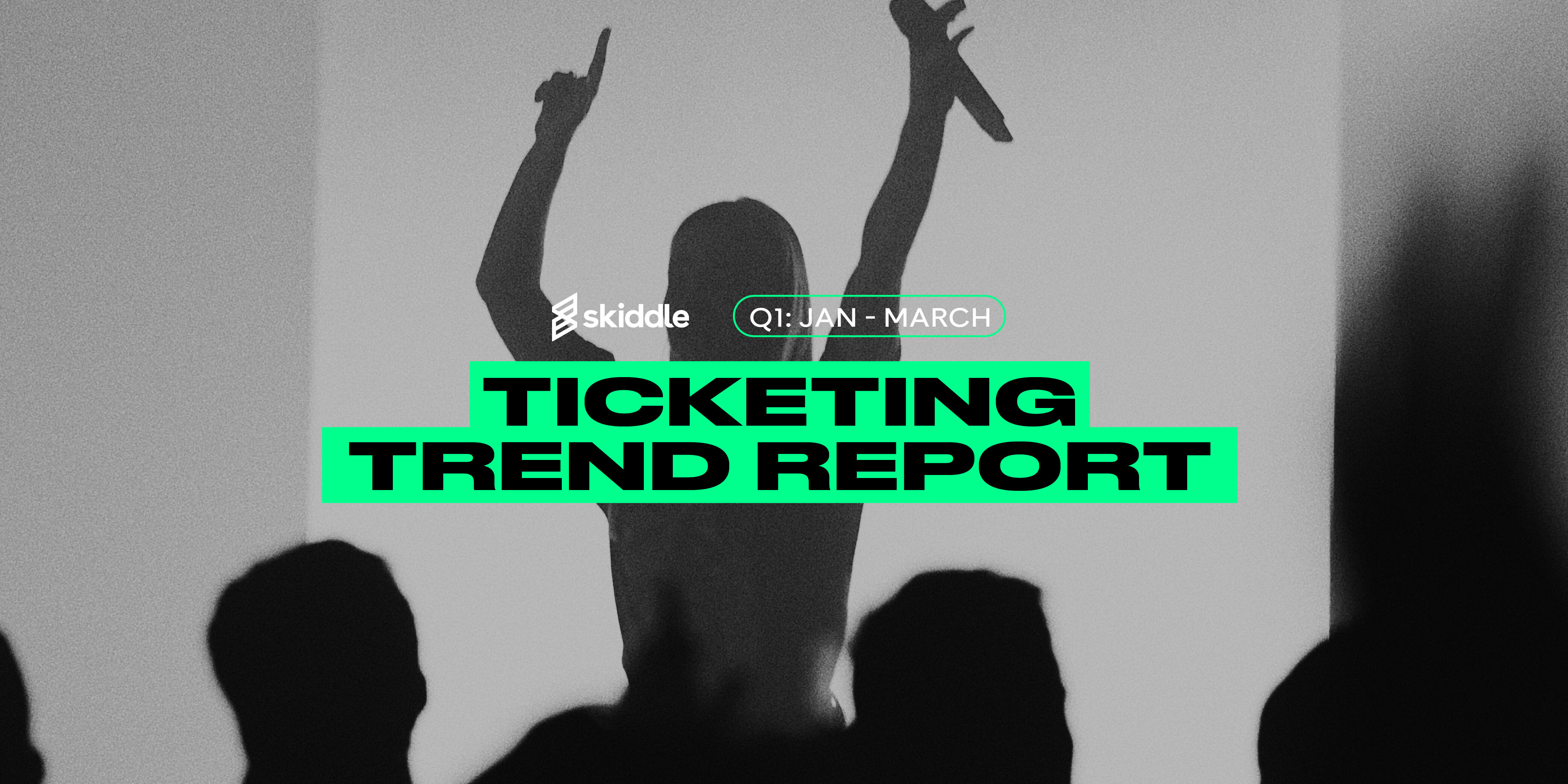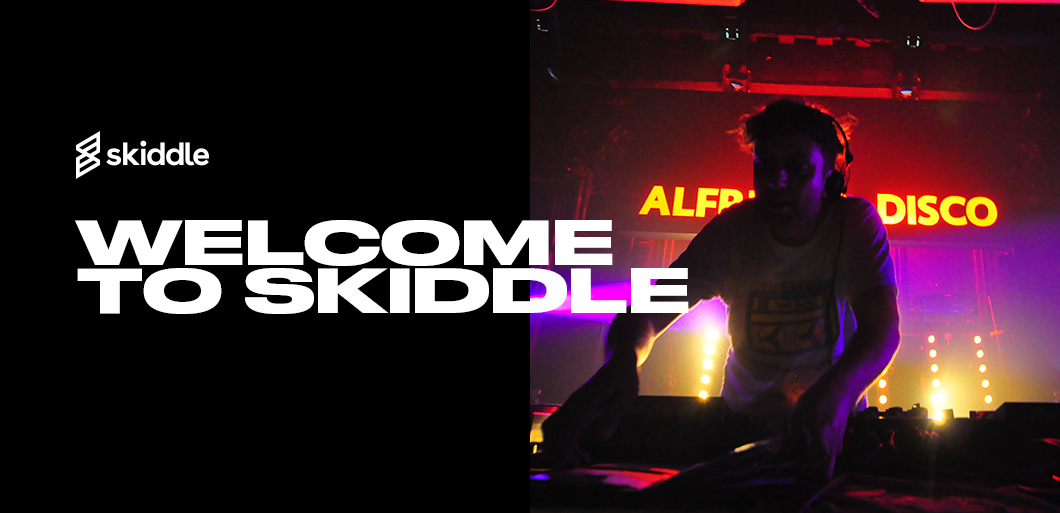- Behind the Scenes
How to make your event inclusive for the LGBTQIA community
-
By Ryan Moss
- 09 Feb 2023
- 8 min read

Inclusivity? It’s not just a buzzword. Members of the LGBTQIA+ community have pioneered music and culture around the world. House and disco music, now industries that contribute to buzzing nightlife economies across the globe, owe their roots to people like Frankie Knuckles and Larry Levan.
It’s not just limited to the USA, either. In 1982, Terry Higgins sadly became one of the first people to die of an AIDS-related illness in the U.K. Frustrated by a lack of information, funding and government malaise, Terry’s then partner and friends threw an event to highlight the struggle he faced. The group would eventually become the Terrence Higgins Trust, carrying out immeasurable work for the health of LGBTQIA+ people here in Britain.
In this article, we’ve rounded up several ideas on how to make your events inclusive for the LGBTQIA+ community. You might already be running an LGBTQIA+ event or have a regular contingent of LGBTQIA+ attendees. But the points here can be adapted to any event.
Commit to creating an inclusive space
Support makes people feel welcome. At your event, commit to a zero-tolerance approach to any behaviour that puts LGBTQIA+ people at risk. Place signs up around the venue and put messages out across your socials.
Make sure your staff on the night are on the same page. If everyone knows the policy, it’ll be easier for attendees to be able to report any concerns. This means they can come to your event and enjoy themselves without pressure.
Ensure any complaints by attendees are dealt with, listen to any improvements your LGBTQIA+ customers feel can be made and make an effort to speak with them. Building these relationships help you to make attendees have the best experience possible.
Think of this as your starting point. Once you’ve established a policy like this and regular attendees know about it, you can begin to implement new strategies and build on what you’ve put in place.
Inclusion training
Inclusion training can help if you run a sizeable team. Charities like Stonewall and The LGBT Foundation offer training, where you can learn about language, terminology and experience.
More knowledge means a better understanding of the things your LGBTQIA+ attendees experience. Having this knowledge will help you spot concerns and make it easier for you to come up with ways of making your event more inclusive.
If you have queer members on your team, that’s great. But don’t expect them to shoulder all the responsibility of creating an inclusive space. It’s everyone’s responsibility to commit to making your event a safe and welcoming environment for members of the LGBTQIA+ community.
Of course, budgets come into play. But charities who run training provide online versions of their programmes and offer online resources. Research the reputable ones and go from there.
Welcome solo attendees
Club nights can be a sanctuary for the queer community. Ballroom culture in New York City and beyond gives Black and Latino LGBTQIA+ people a space to create dance routines, formulate slang and find joy in a scene by and for them.
Dancefloors are places where people find friends, let loose and enjoy themselves. But for queer people, it’s not always that simple. Famous LGBTQIA+ events often happen in cities, so it can be hard for young people and older community members who live in towns to get to these events.
You could dedicate the event’s opening hours to welcoming any solo attendees. Ask any people coming on their own to let you know in advance via social media and keep the music chilled. It’ll encourage a more social vibe and take out some of the anxiety people might have coming to a club on their own.
Subsidised travel funds
A subsidised travel fund can help to make your events more inclusive to members of the LGBTQIA+ community.
It’s crucial to consider the safety of your trans, non-binary and genderfluid attendees. They’re at a higher risk. Stonewall carried out a study in 2018 and found that “41% and 31% non-binary people have experienced a hate crime or incident because of their gender identity in the last 12 months.”
You could ask attendees who don’t fall into these categories to donate to the fund before and during the event. Or, put aside money and ask for donations throughout the year. Do some research into taxi firms before you partner with them, and consider sending a trained team member with any solo attendees.
Getting home at late hours can be stressful at the best of times. But it can come with added pressure for some members of the LGBTQIA+ community. Offering free travel makes your event more accessible.
No camera policy
Event photography can be a great way to promote your event. However, camera presence can open attendees up to unwanted filming and pictures.
As we’ve mentioned, the club can be a place for queer people to express themselves. It might be through dance; it might be through dress. The bottom line is that everyone deserves the freedom to enjoy their night however they see fit.
Some clubs have a strict no-pictures policy which they communicate across socials before each event. Others give out stickers which can be placed over phones to block the camera.
Both strategies work. If people don’t adhere to the rule, remind people politely. If you have any complaints from attendees about unwanted photography or video, eject the person causing the issue and prioritise the safety of your LGBTQIA+ eventgoers.
Book and employ more LGBTQIA+ people
Are your lineups diverse enough? Carry out some research into LGBTQIA+ acts and book them for your night.
It doesn’t just apply to headliners, either. Your local scene will likely have queer DJs and performers. If they’re starting their career and you like what they do, offer them a resident slot with regular payment. You could rotate residents every few months and bring in acts from surrounding areas to play your event.
Employing members of the LGBTQIA+ community on your team helps diversity, too. It’ll make your environment balanced. By using your event to platform to do these two things, you’re putting money in people’s pockets and improving their material conditions. The scene as a whole becomes more inclusive because acts and staff have a place to get paid for their work.
Got a question you need an answer to? Give us a call on 03333010301 or ask us a question over on the Skiddle Promoter Twitter account by clicking or tapping on the button below. Alternatively, you can also find a list of our most frequently asked questions over at https://help.promotioncentre.co.uk/



















